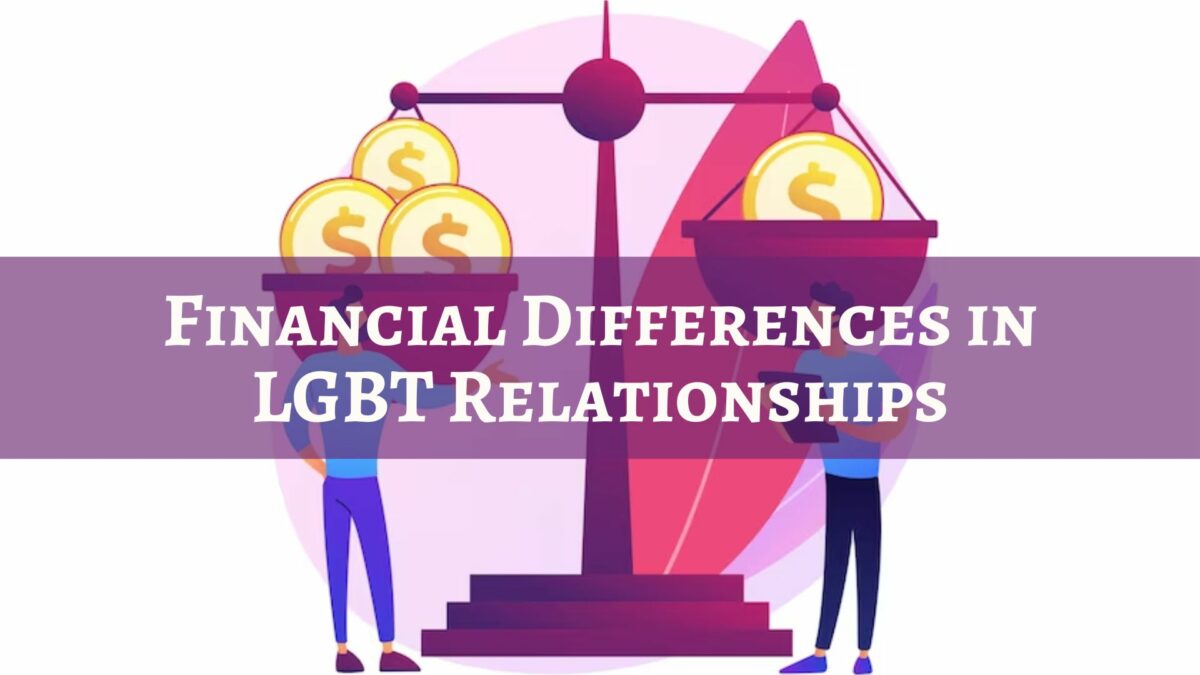“A boy is not free to find a partner of his own as long as he must be the partner to his mother.”
–Frank Pittman

With the changing of state laws across the nation, more and more same-sex partners are getting married. On June 26, 2013, the Supreme Court struck down the Defense of Marriage Act, which had limited federal benefits to same-sex couples. However, until new statutes are enacted (and upheld), the immediate effects will be limited. For now, the following restrictions are still in place.
- Social Security survivor benefits are not available. In traditional marriages, spouses can take Social Security based on spousal benefits and also receive survivor benefits. Therefore, widows or widowers can count on a continued stream of income in their financial planning. LGBT couples do not currently have this option; each must qualify based on their own work history. So, LGBT couples should have more assets set aside for retirement to make up for the lack of survivor benefits.
- Inheritance rules may exclude the LGBT widow/widower. If beneficiaries are not specifically spelled out, the inheritors may be the biological family rather than the widow/widower. The best way to prevent this is to specifically name the spouse as a beneficiary and to have a clearly written will.
- There is no spousal exemption for inheritance taxes in an LGBT couple. Instead, the survivor will receive assets from the deceased as an inheritance, which may trigger estate taxes. Trusts can mitigate some of these issues. It is worth speaking to an estate planning attorney and/or a CPA who specializes in these issues. It may also be worth considering moving to a community property state because of the Internal Revenue Service recognition of community property rights for LGBT couples.
- Domestic partner benefits, such as health insurance, are usually taxable to the employee. This means that the insurance your partner receives may be treated as taxable income. The couple should evaluate whether having separate coverage is less expensive than receiving the imputed income from the employer.
Because LGBT couples do not get the same legal status as traditional married couples, they need to be mindful of the differences so that they do not find unfortunate surprises later. To this end, it is important to create a legal trail of wishes and desires, through the use of wills, powers of attorney, advance medical directives, joint tenancy with rights of survivorship (JTWROS) accounts, and trusts. Their goal should be to plan appropriately to account for the reduced benefits (e.g. Social Security, partner employer benefits taxation) and to avoid probate. Otherwise, they may find out that what they thought was a recognized marriage was only a legal and financial fiction.
Once the law is settled on the subject of LGBT marriage, the rules may reflect equality with opposite-sex marriages, nullifying all of the above. Until then, though, I’d still advise LGBT couples to take these precautions. I’d rather have too many precautions in place than too few. Remember, even though DOMA was struck down, it may yet take a while for the scales of marriage equality to balance; government bureaucracy does not turn in a day.
Author Profile
- John Davis is a nationally recognized expert on credit reporting, credit scoring, and identity theft. He has written four books about his expertise in the field and has been featured extensively in numerous media outlets such as The Wall Street Journal, The Washington Post, CNN, CBS News, CNBC, Fox Business, and many more. With over 20 years of experience helping consumers understand their credit and identity protection rights, John is passionate about empowering people to take control of their finances. He works with financial institutions to develop consumer-friendly policies that promote financial literacy and responsible borrowing habits.
Latest entries
 Low Income GrantsSeptember 25, 2023How to Get a Free Government Phone: A Step-by-Step Guide
Low Income GrantsSeptember 25, 2023How to Get a Free Government Phone: A Step-by-Step Guide Low Income GrantsSeptember 25, 2023Dental Charities That Help With Dental Costs
Low Income GrantsSeptember 25, 2023Dental Charities That Help With Dental Costs Low Income GrantsSeptember 25, 2023Low-Cost Hearing Aids for Seniors: A Comprehensive Guide
Low Income GrantsSeptember 25, 2023Low-Cost Hearing Aids for Seniors: A Comprehensive Guide Low Income GrantsSeptember 25, 2023Second Chance Apartments that Accept Evictions: A Comprehensive Guide
Low Income GrantsSeptember 25, 2023Second Chance Apartments that Accept Evictions: A Comprehensive Guide

